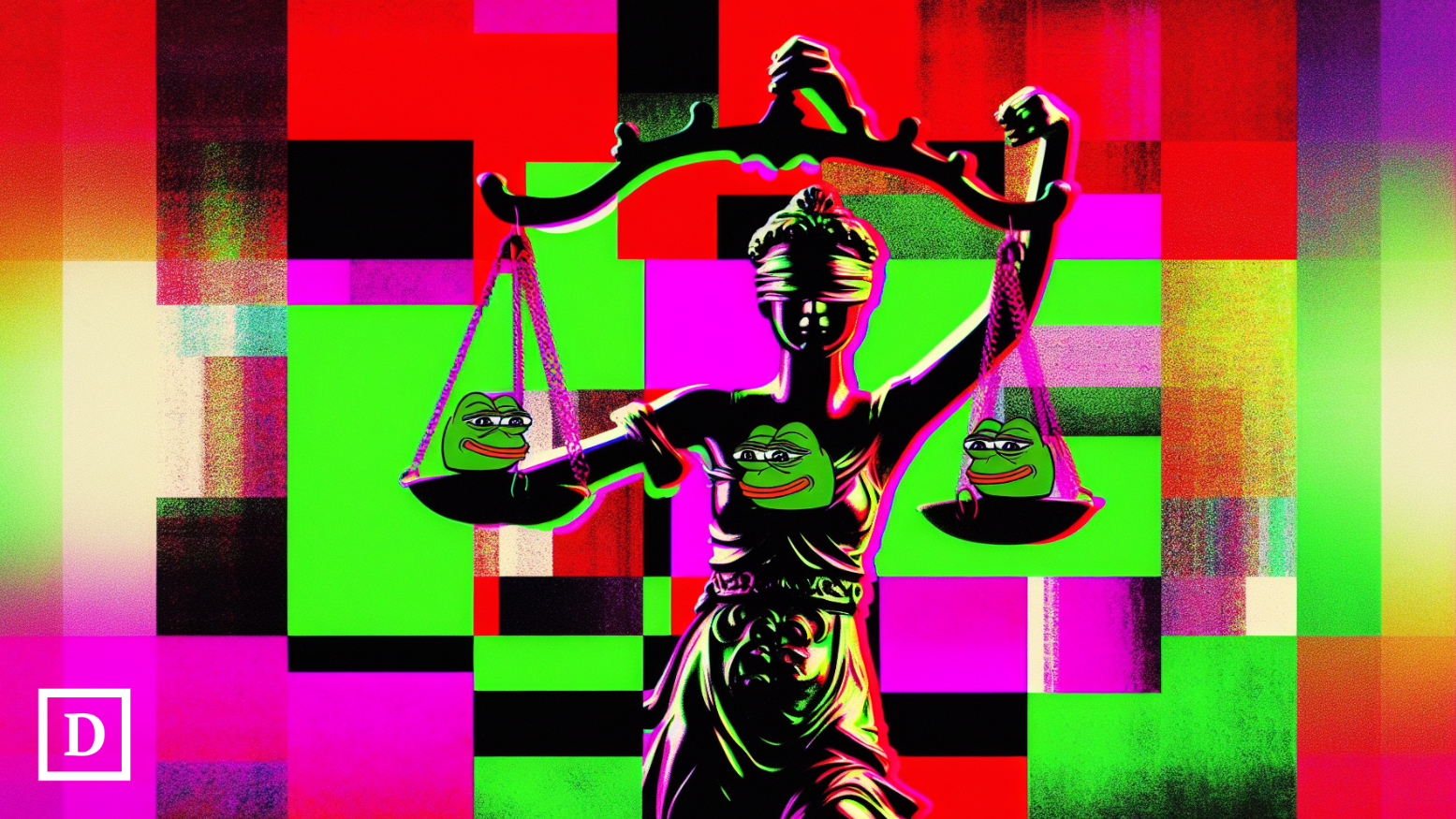The SEC’s decision to end its legal battle with Ripple Labs closes a tumultuous chapter but leaves regulatory uncertainty looming.
The U.S. Securities and Exchange Commission (SEC) and Ripple jointly dropping their appeals shows a big shift in how U.S. regulators handle crypto from now on. Experts say it signals that the SEC is moving away from tough enforcement and toward clearer rules – but they warn the overall crypto landscape is still uncertain.
The joint dismissal ends a five-year legal battle that started in 2020, when the SEC sued Ripple for selling XRP, the native token of Ripple’s payment network, as unregistered securities. In August 2024, Ripple was fined $125 million, far less than the $2 billion the SEC sought – a ruling the SEC appealed in October.
Now that the legal battle is officially over, experts are saying a major shift is underway. Charley Cooper, COO at Ava Labs and former senior official at the Commodity Futures Trading Commission (CFTC), called the end of the case “the death knell of the SEC’s attempt to regulate crypto through enforcement actions.”
Cooper explained that without clear rules set by the SEC – or, ideally, by Congress – the SEC spent the past several years filing lawsuits to argue that cryptocurrencies are securities, hoping the courts would agree and allow them to enforce regulations that way.
“The SEC under Atkins’ leadership now realizes that approach is flawed and the only appropriate law enforcement action is clear guidance from Congress and then rule making from the SEC,” Cooper said, referring to SEC chair Paul Atkins. “Prior to this, market participants like Ripple were held to account for laws not written for them but for securities long before crypto.”
Grey Area
As far back as 2019, the SEC has been vocal that Bitcoin is not considered a security, citing the landmark SEC v. Howey case. While this helped define one boundary for regulation, many other cryptocurrencies, including XRP, remained in a legal gray area for years.
Cooper said the SEC’s latest decision signals a more cooperative era, where regulators and the crypto industry are working together to create clear rules for digital assets, rather than “trying to jam crypto into a box of pre-existing set of asset classes that have existed for decades, if not hundreds of years.”
“A regulatory minefield”
Despite the legal victory, not everyone is convinced that Ripple will immediately benefit or that the U.S. market will become crypto-friendly overnight.
Doug Colkitt, contributor to Fogo, said the SEC’s withdrawal was more about exhaustion than vindication. “The SEC dropping its case against Ripple is less about vindication and more about exhaustion,” he said. “After nearly five years, it’s clear this battle did nothing but burn time, capital, and trust on both sides.”
Colkitt explained that for Ripple, the path is now open to rebuild or expand U.S. operations, “but whether they should is a different story.” He added that the U.S. “remains a regulatory minefield, and while this case may be closed, the broader rules of the road are still unwritten.”
For the crypto space as a whole, Colkitt said, this represents another crack in the SEC’s enforcement-first approach.
“If even Ripple – a company the SEC was hell-bent on making an example of– can walk away, it signals that aggressive, vague regulation isn’t holding up in court,” he concluded. “But let’s not pretend this is some great leap forward. The real momentum is with teams building outside the U.S. or designing protocols that minimize trust assumptions and regulatory chokepoints altogether. That’s where DeFi is headed, and no settlement is going to change that.”
XRP is currently trading at $3.31, up 3% on the day and more than 38% over the past month, according to CoinGecko.


